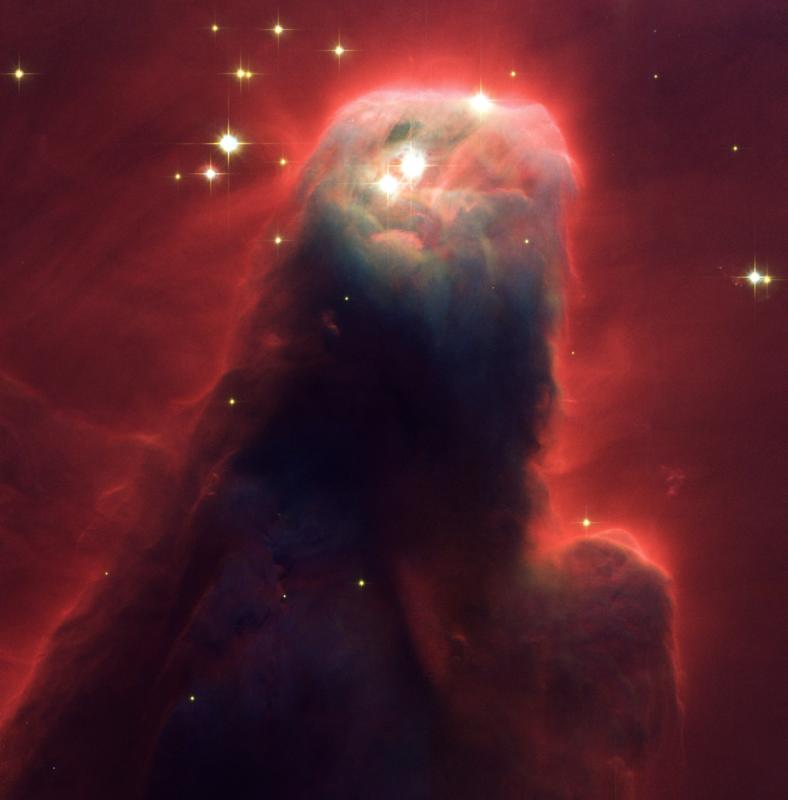I’ve had more than one friend ask me if I, being interested in science and all, have ever thought about buying one of those expensive tickets to the international space station on a Russian rocket. Before responding with my usual sarcastic retort, I sometimes envision what the travel brochure must say: One week in space, paste meals and entertainment included, 2% bone loss, unknown cosmic ray exposure, no shower. Travel arrangements: launched as cargo on ancient Russian rocket, return to earth in emergency escape pod. Price $20,000,000. Sounds lovely.
I have nothing but admiration and enduring respect for anyone brave enough to be shot into space, but like visiting distant relatives, I want to be able to leave when I want to. When they build a space plane that I can fly, I’ll be off to the ISS in a heartbeat. Go up, hang out for a while, throw up a few times, maybe start to notice blood pooling in my face and upper body. “Wow, look at the time, I’ve got to get home to water my plants.” The bottom line is that I just don’t like camping, whether it’s in a desert, forest, or in our 60 billion dollar “trailer in the sky”. I was in the infantry for three years, and in that short, yet long time, managed to do a lifetime worth of camping. So, as I like to say, the reason why I went to school and have a job is so I don’t have to sleep under a tree.
But these are personal issues, and the larger question concerns our species. Should humans travel into space? Or should the exploration be left to robots? Should we colonize Mars? I like these kinds of questions, mostly because they are almost entirely subjective. Let’s look at a couple of commonly used, reasonable arguments – interplanetary emigration and diversification.
Interplanetary Emigration
This issue might be forced if Earth’s population reaches a certain level and we consume all of her resources. I have a friend who is obsessed with this line of inquiry. The Earth’s maximum human population is called it’s ‘carrying capacity’. This has been calculated a number of different ways, and the highest value to date is around 800 billion people. The downside is that in this case we all have to eat nothing but blue-green algae. Then there are the wild cards. Achieving biological immortality, for instance, might exacerbate the population problem (unless only our overlords are immortal and the rest of us are used for fertilizer, but that’s a somewhat pessimistic assessment).
Interplanetary Diversification
This is the “don’t put all your eggs in one basket” logic. It has some merit, but only helps if a) the Mars/Europa/Moon colony is completely self-sufficient and b) the problem we face isn’t our sun’s failure. There’s also the whole “moving outward in our solar system because our sun is swelling into a red giant problem”. Now that’s “global warming”.
The fallacy of any long-term space travel isn’t really the technology to do so; it’s the same fallacy that haunts the anti-Evolution crowd. The definition of human is not a static thing. We will, if all goes well, be going to the stars to diversify the presence of beings who started out as human, but I doubt that the star travelers of our distant future will still be human any more than Neil Armstrong is a Neanderthal (Note to Neil Armstrong – I didn’t just call you a Neanderthal!).
What we need right now, more than anything else, is an inexpensive and safe way to get into and out of Earth orbit. It makes no sense to go to the moon or Mars or anywhere else when it costs millions to hundreds of millions of dollars to get to the first rung on the space ladder. I often hear the comment, “space travel is risky and expensive, that’s just the way it is.” No, this is precisely what needs to be fixed. If, for instance, every time I returned home in my car, I parked it by driving 50 mph into the rear wall of my garage, that would be “risky and expensive”. But a clutch, disc brakes, and a transmission make my parking procedure far more safe and enjoyable. Certainly attaining Earth orbit is technically more difficult than bringing a car to a stop, but as this is written we have thousands of humans in the air, flying at over 500 mph above 30,000 ft, and they are all more safe than driving with me, and not because I park my car by slamming into the back of my garage (except for the one isolated incident).






